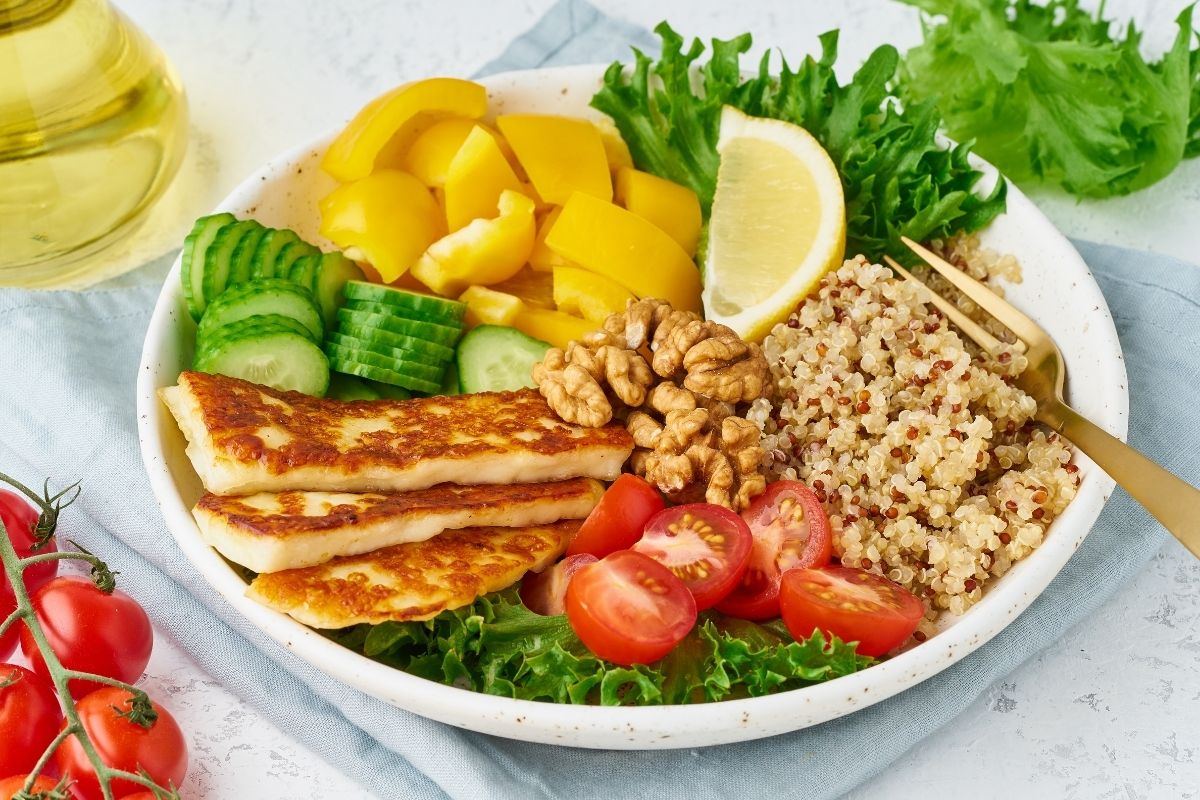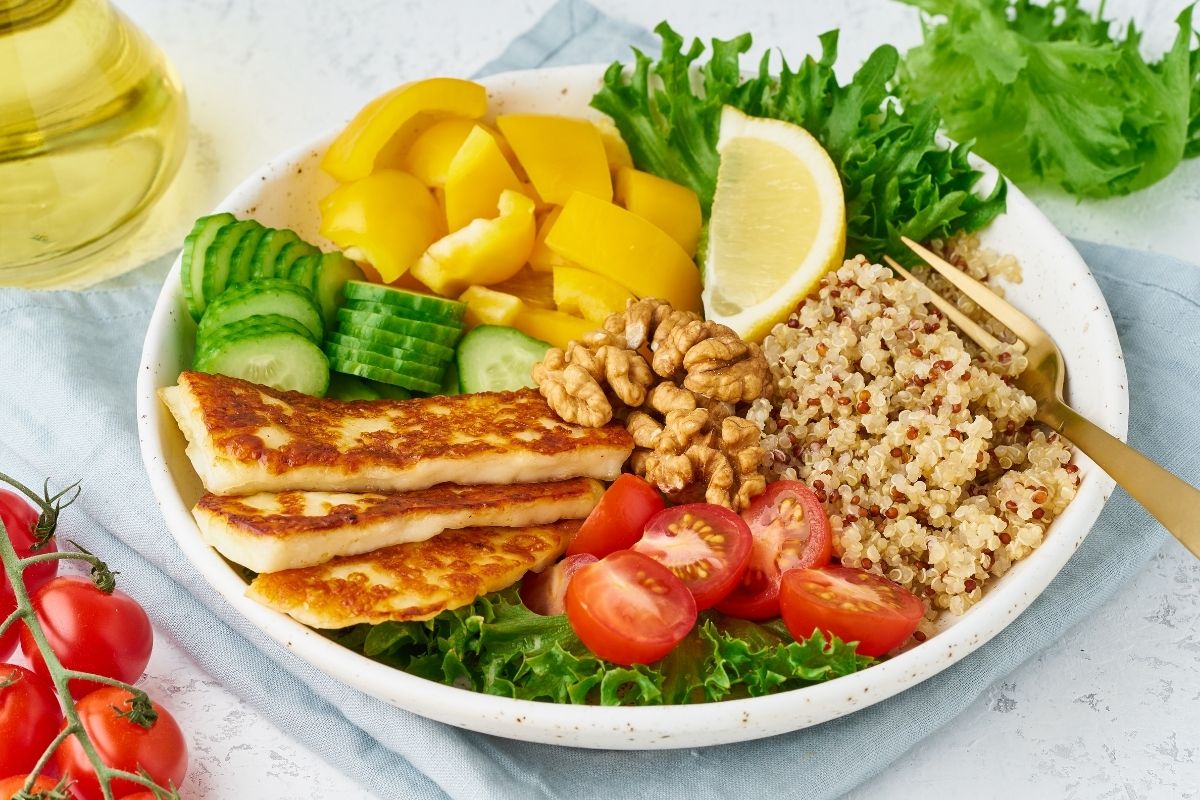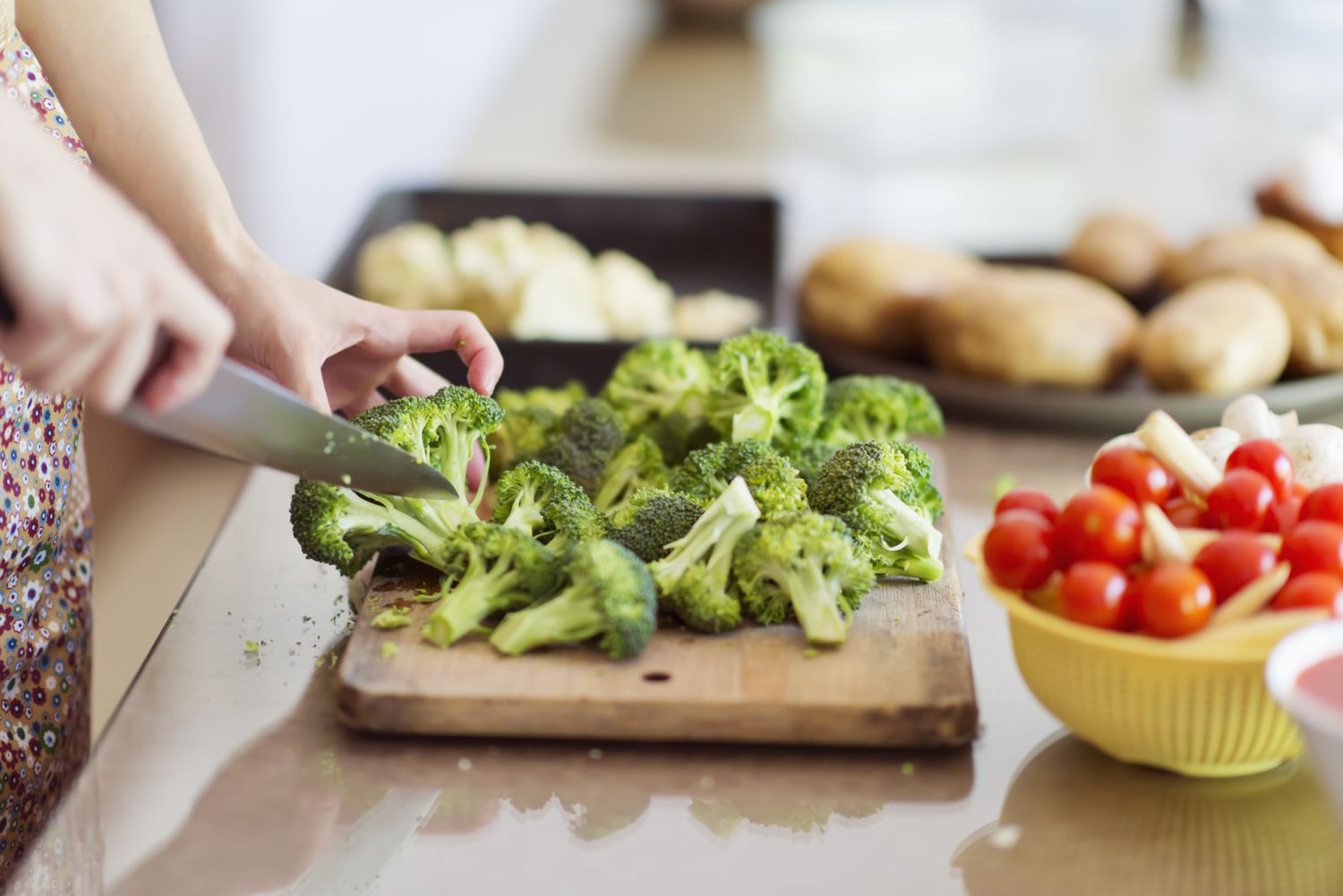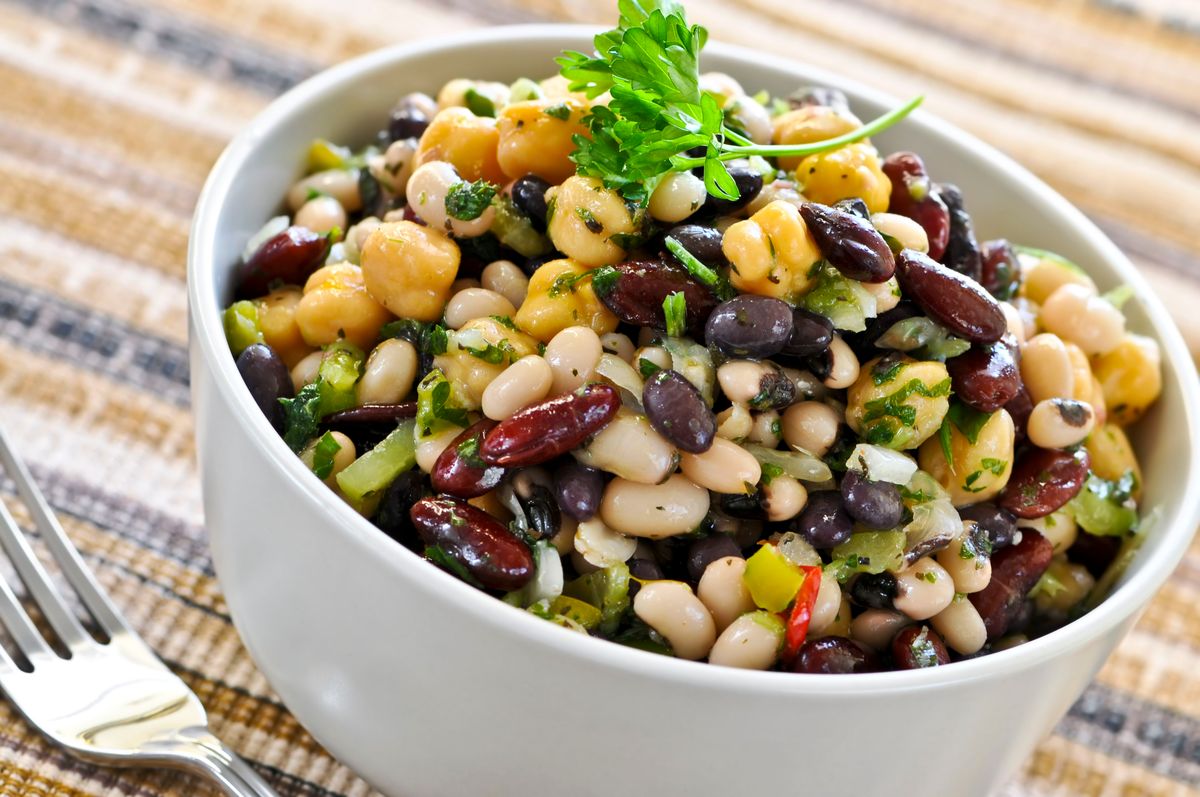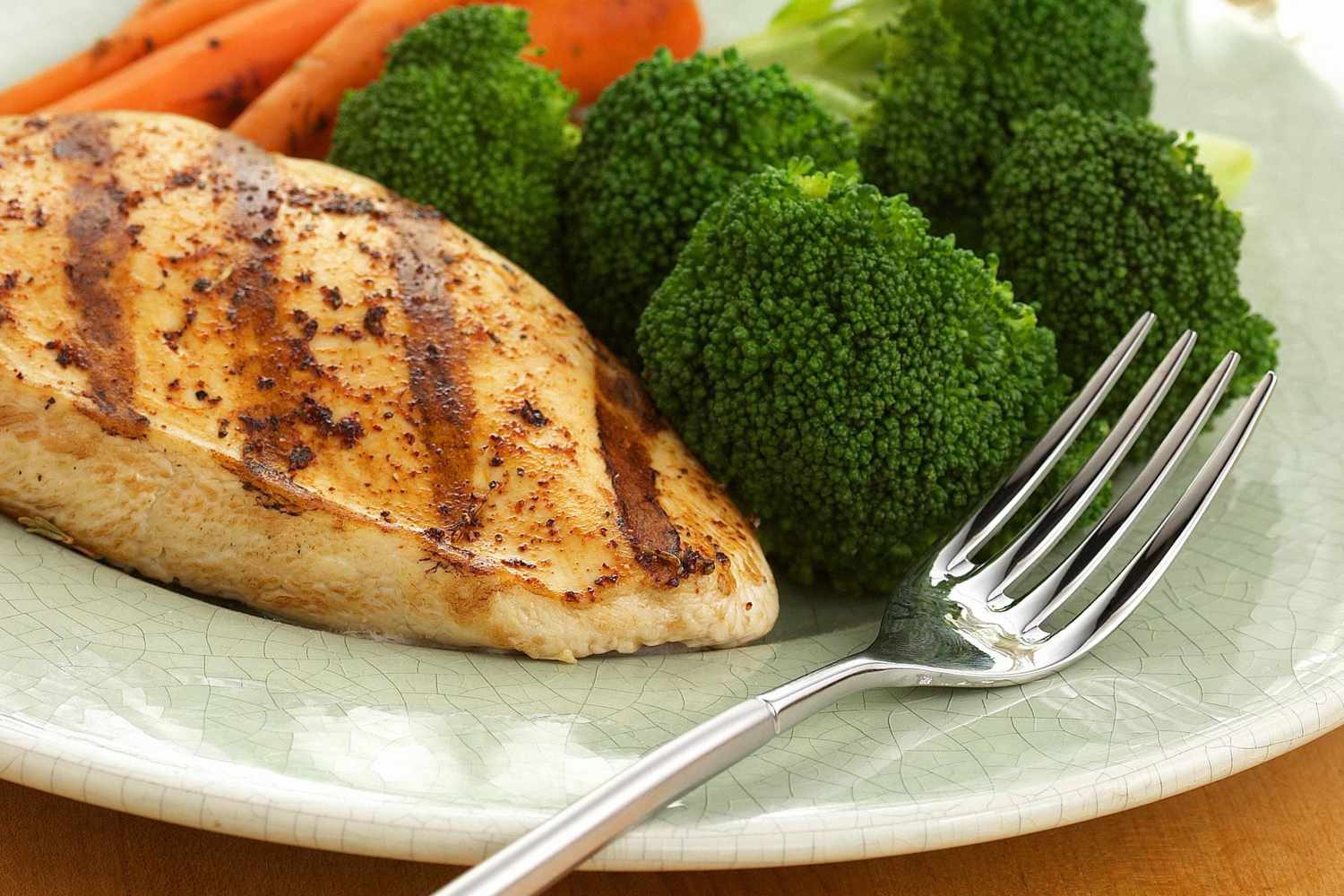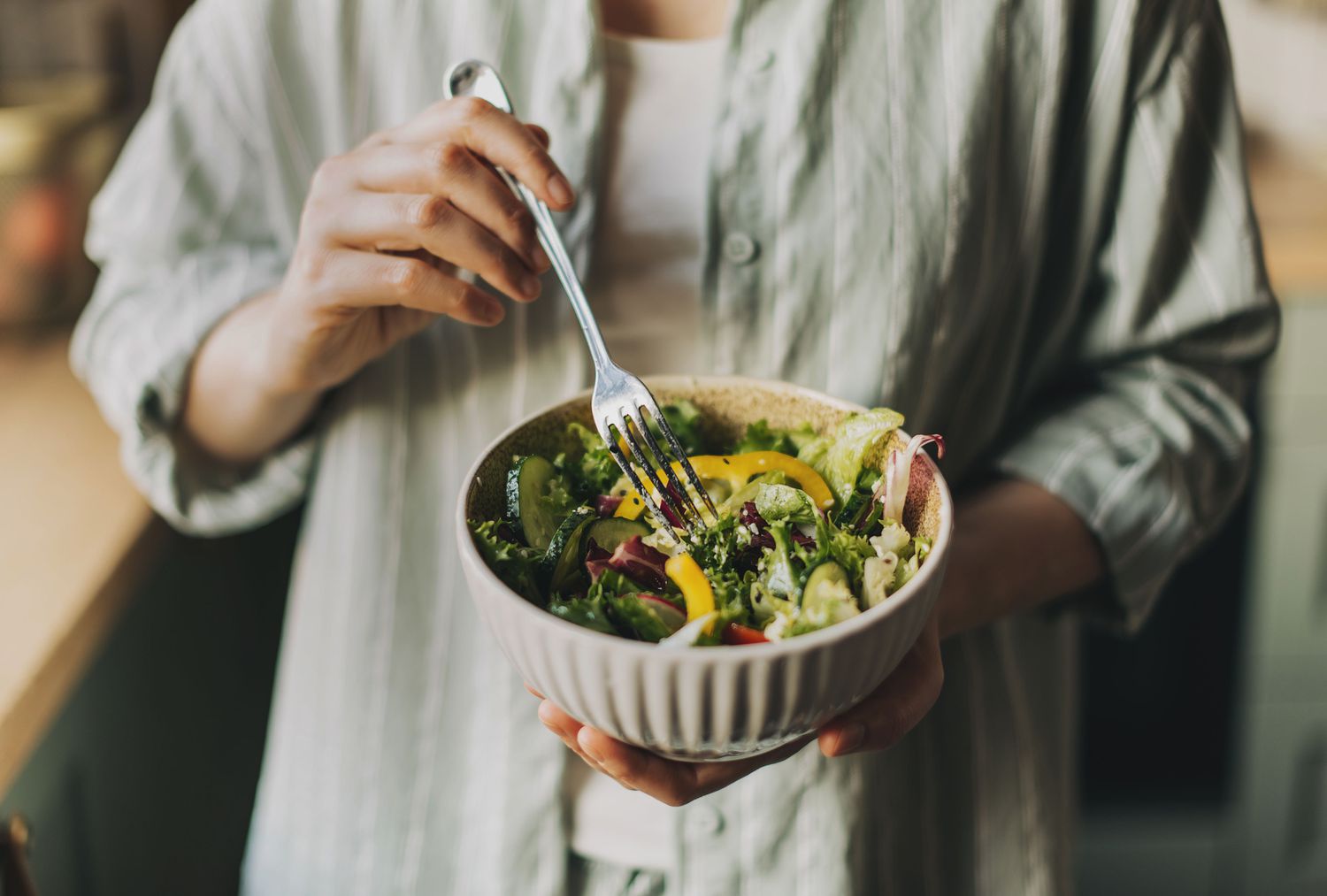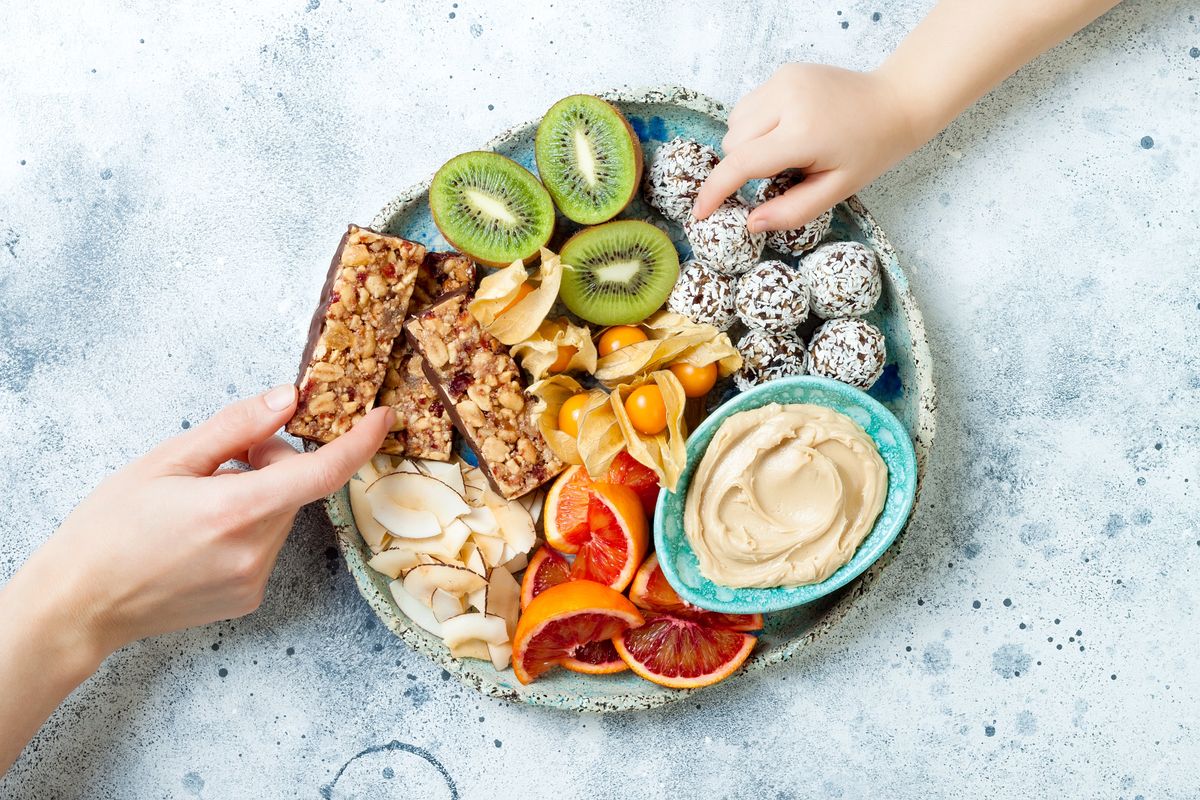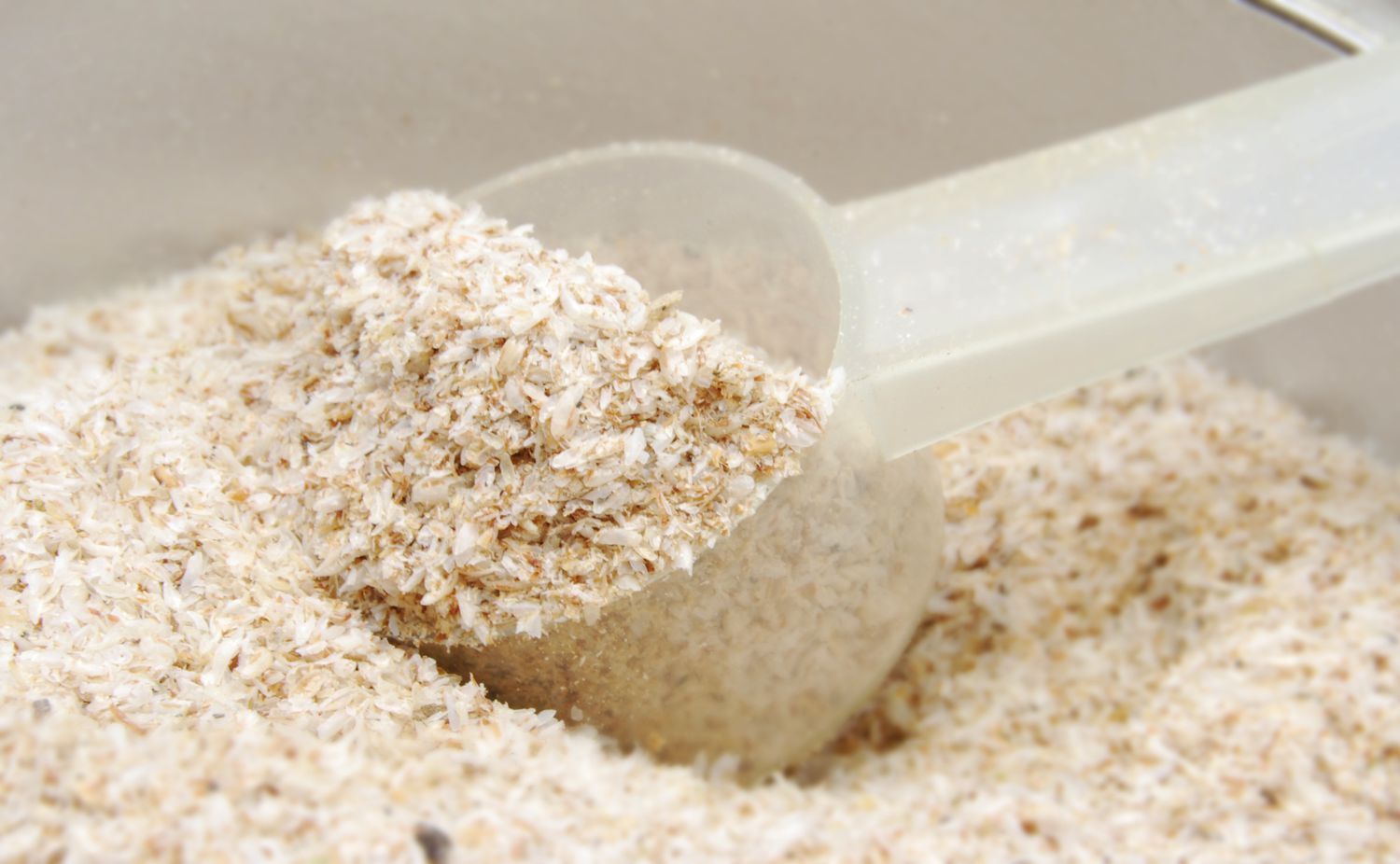Understanding IBS and Its Impact on Eating and Drinking
If you suffer from Irritable Bowel Syndrome (IBS), you know how challenging it can be to manage your symptoms, especially when it comes to eating and drinking. IBS is a common digestive disorder that can cause abdominal pain, bloating, diarrhea, and constipation. These symptoms can be triggered by certain foods and drinks, making it essential to be mindful of your diet and hydration habits.
Creating a Diet Plan for IBS
When it comes to managing IBS, it’s crucial to pay attention to what you eat and drink. Here are some tips to help you navigate your diet:
- Identify Trigger Foods: Keep a food diary to track your symptoms and identify any specific foods or drinks that seem to worsen your IBS symptoms. Common triggers include dairy, gluten, caffeine, and spicy foods.
- Focus on Fiber: Incorporate high-fiber foods such as fruits, vegetables, and whole grains into your diet to help regulate your digestive system. However, be mindful that some high-fiber foods may exacerbate symptoms for certain individuals.
- Stay Hydrated: Drinking plenty of water is essential for managing IBS. Aim to drink at least eight glasses of water a day to help keep your digestive system functioning properly.
- Consider Small, Frequent Meals: Eating smaller, more frequent meals throughout the day can help prevent your digestive system from becoming overwhelmed, potentially reducing symptoms.
Choosing IBS-Friendly Foods and Drinks
When planning your meals and beverages, it’s important to select options that are gentle on the digestive system. Here are some IBS-friendly choices to consider:
- Lean Proteins: Opt for lean sources of protein such as chicken, turkey, fish, and tofu, which are less likely to trigger IBS symptoms.
- Low-FODMAP Foods: The low-FODMAP diet, which restricts certain types of carbohydrates, has been shown to help alleviate IBS symptoms for some individuals. Consider incorporating low-FODMAP foods such as bananas, blueberries, and rice into your meals.
- Herbal Teas: Certain herbal teas, such as peppermint and ginger tea, may help soothe digestive discomfort and alleviate symptoms of IBS.
- Probiotic-Rich Foods: Foods that contain probiotics, such as yogurt and kefir, can help promote a healthy gut microbiome and may provide relief for some individuals with IBS.
Avoiding Common Triggers
While it’s important to incorporate IBS-friendly foods and drinks into your diet, it’s equally crucial to avoid common triggers that can exacerbate symptoms. Here are some items to be cautious of:
- High-Fat Foods: Greasy or fried foods can be difficult for the digestive system to process and may lead to discomfort for individuals with IBS.
- Carbonated Beverages: Carbonated drinks, including soda and sparkling water, can cause bloating and gas, worsening IBS symptoms.
- Alcohol and Caffeine: Both alcohol and caffeine can irritate the digestive system and should be consumed in moderation or avoided, depending on individual tolerance.
- Artificial Sweeteners: Some artificial sweeteners, such as sorbitol and mannitol, can have a laxative effect and may trigger symptoms in individuals with IBS.
Seeking Professional Guidance
If you’re struggling to manage your IBS symptoms through diet and hydration alone, it’s essential to seek guidance from a healthcare professional. A registered dietitian or gastroenterologist can provide personalized recommendations and support to help you navigate your dietary choices and improve your quality of life while living with IBS.
By being mindful of your food and beverage choices, staying hydrated, and seeking professional guidance when needed, you can take proactive steps to manage your IBS and minimize its impact on your daily life.
